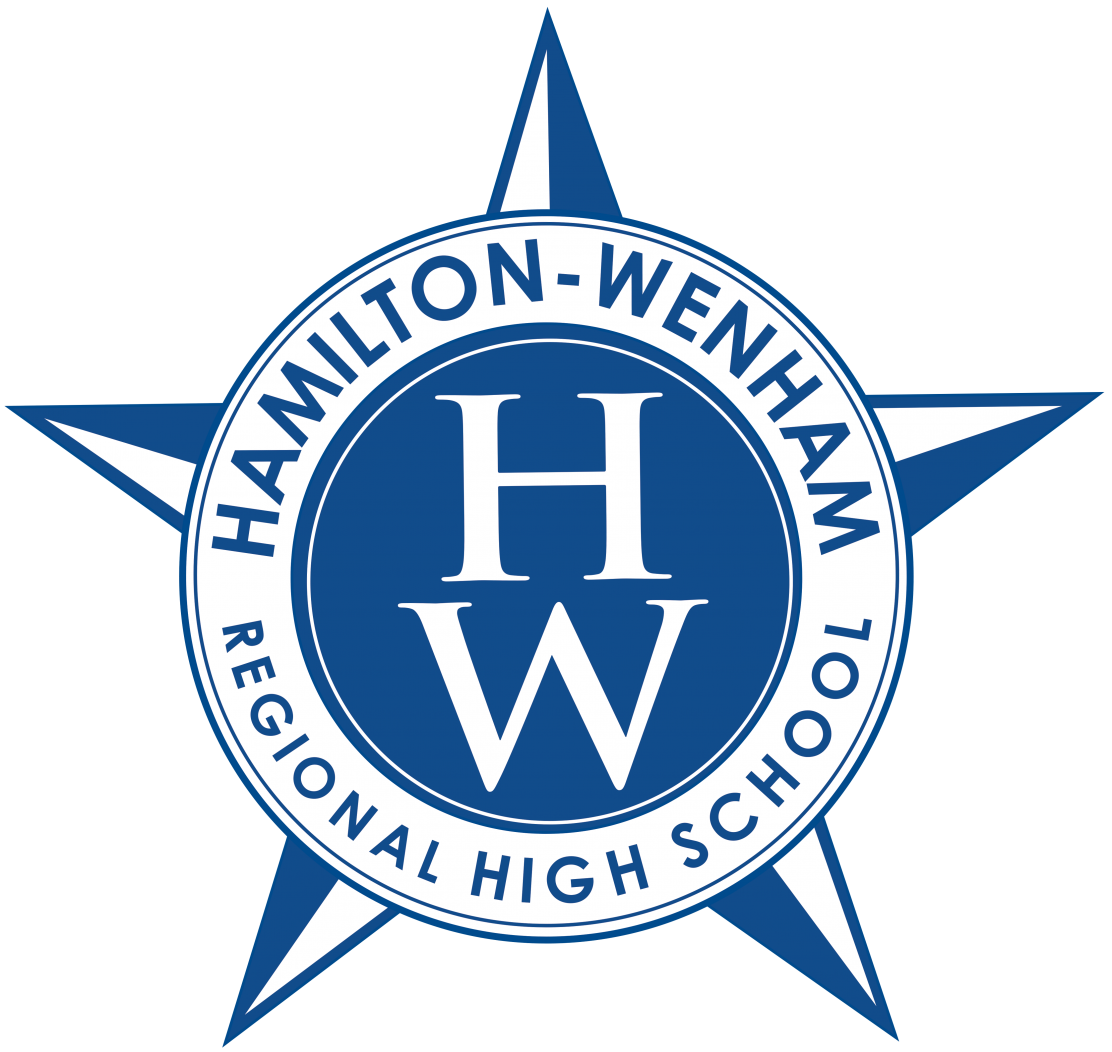Today I am grappling with the biggest question that most educators can not answer well, including me. What is learning? It seems weird to state that educators can’t define what learning is, after all, isn’t it our business? Inherently we know what learning is, because we are learners, but what how do we define it?
My time with the Modern Learners Team and Change School has really given me the opportunity to ponder this question (and many, many others) that, I believe, is central to our craft as educators. When I first heard it out loud, it just sort of floated in the air for a few minutes until I made a feeble attempt to define it. Very feeble. Then, I thought about it, but never answered the question out loud.
When you were in school, what was the most powerful learning experience you had? Why do you remember it? Was it the teacher? The type of experience? The environment? Mine was always a hands-on, authentic activity where I could be physically involved to probe, push, write, examine, analyze, and even break (or take apart) with few boundaries.
Over the last few weeks I’ve been thinking about how many of us learned something new that we were interested in knowing more about. Take baseball. I was one of many kids in the neighborhood who got together and started to learn about baseball. How? We played. We wanted to play and aspired to be like some of our famous baseball heroes. Mine was Carl Yastrzemski of the Red Sox. Some rules were known and others were not, but the full experience from being involved in unorganized baseball through to organized baseball, helped me to learn so about the game, pushed me to want to learn and know more about players, teams and all of their associated stats. Each time I played as a kid, I gained more knowledge about the game.
Last summer, in an online discussion, I wrote down this quote from Will Richardson, “At the end of the day, if you really want to learn something, you have to care about it.” Makes sense, right? During a second online opportunity, school leader Chris Lehmann said, “The work of a kid’s head, heart and hands has the most value”. As I dig further, professor Seymour Papert is known for his theory that “people build knowledge most effectively when they are actively engaged in constructing things in the world.” And finally Seymour Sarason cleanly states in his book, And What Do You Mean About Learning, “that the learning process is one which engenders and reinforces wanting to learn more. Absent wanting to learn, the learning context is unproductive or counterproductive.”
Let’s get back to the original question, What is learning? Here’s my shot at defining it: Learning is an active, social process where people gain new knowledge and skills by participating in authentic experiences, having the opportunity to teach others, while developing the desire to learn more. So what does this mean for schools? I believe we are not supporting and creating the best learning environments possible for our students and teachers.
As we think about schools, we must look more deeply into how people actually learn. We must come to have a collective understanding of the definition of learning and how that can support the decisions we make. We must talk about and create environments that support deep and powerful learning. Mostly, we need to trust our teachers and students to co-design opportunities for learning that really steer towards what I have defined above. Sitting in rows, waiting for the bell to ring hardly seems like the ideal learning environment, but we continue to do it every day.
